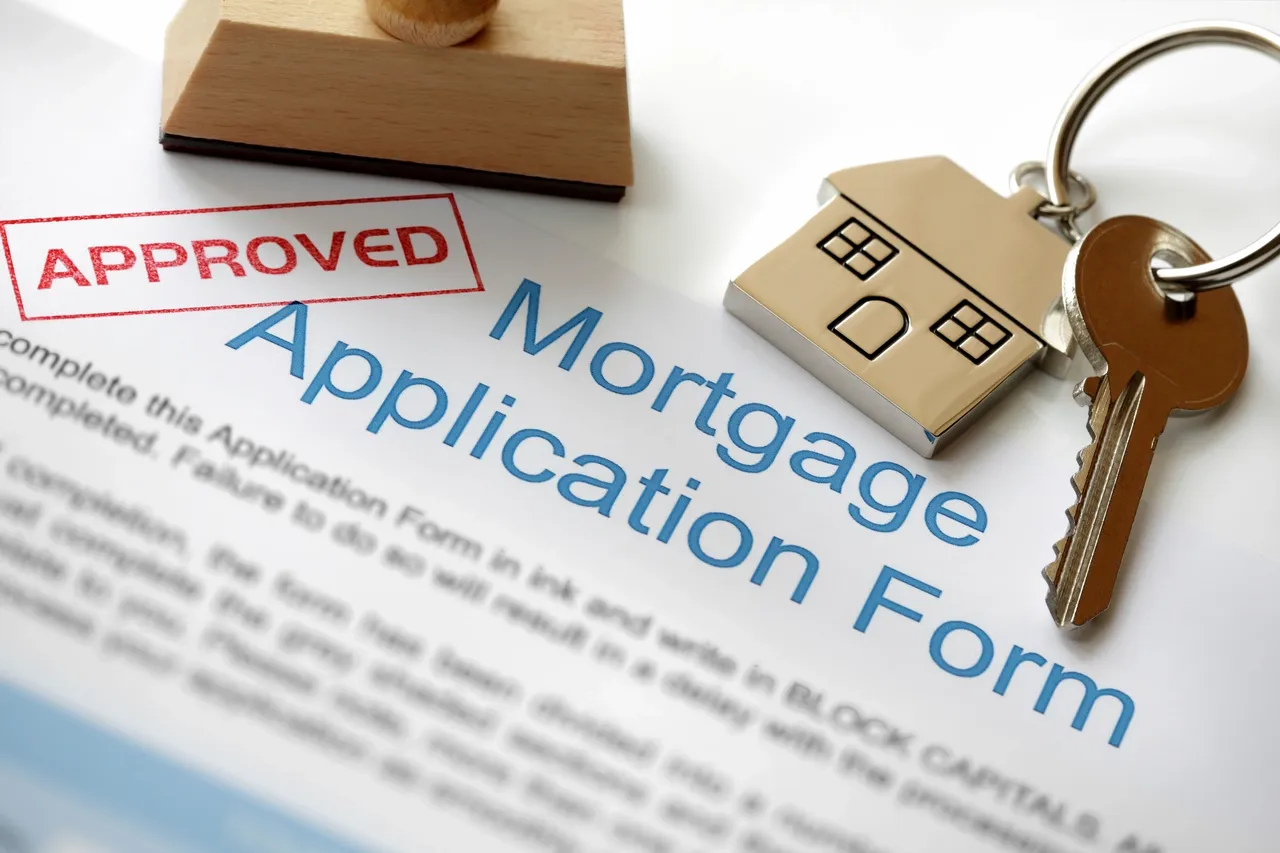Navigating Mortgage Options During Chapter 13 Bankruptcy
Chapter 13 bankruptcy can provide crucial relief if you’re struggling with debt, but it can also complicate other financial aspects, such as obtaining a mortgage. If you’re in Chapter 13 bankruptcy and looking to secure a mortgage, understanding your options and the steps you need to take can help you make informed decisions and set yourself up for success. Here’s an overview of mortgage options available to you while in Chapter 13 bankruptcy.
1. FHA Loans
Federal Housing Administration (FHA) loans are a popular option for many individuals, including those in Chapter 13 bankruptcy. FHA loans are designed to help those with lower credit scores or financial difficulties achieve homeownership.
- Eligibility: You can apply for an FHA loan while in Chapter 13 bankruptcy, provided you have been making your bankruptcy payments on time for at least 12 months.
- Requirements: You need to obtain permission from the bankruptcy court to take on new debt, including a mortgage. Additionally, you must demonstrate that you have a steady income and a good track record of managing your bankruptcy plan.
- Advantages: FHA loans typically require a lower down payment and have more lenient credit requirements compared to conventional loans.
2. VA Loans
If you are a veteran or an active service member, Veterans Affairs (VA) loans might be an excellent option. VA loans are backed by the Department of Veterans Affairs and offer several benefits.
- Eligibility: You can apply for a VA loan while in Chapter 13 bankruptcy, but you need to show that you’ve been making timely payments on your bankruptcy plan for at least 12 months. The VA does not have a specific waiting period, but the lender will still evaluate your creditworthiness.
- Requirements: As with FHA loans, you must get approval from the bankruptcy court to take on additional debt. You also need to meet VA’s service requirements and have a satisfactory credit history.
- Advantages: VA loans offer competitive interest rates, no down payment options, and do not require private mortgage insurance (PMI).
3. Conventional Loans
Conventional loans, which are not insured by the government, can be more challenging to obtain while in Chapter 13 bankruptcy. However, it is not impossible.
- Eligibility: Conventional lenders are generally more stringent about credit and bankruptcy. You typically need to have completed a significant portion of your Chapter 13 plan (usually two years) and show a good payment history.
- Requirements: You must get court approval for the new loan and demonstrate your ability to manage both your bankruptcy payments and mortgage payments. Conventional loans usually require a higher credit score and a larger down payment compared to FHA or VA loans.
- Advantages: If you meet the criteria, conventional loans can offer competitive interest rates and flexible terms.
4. USDA Loans
United States Department of Agriculture (USDA) loans are designed for rural and suburban homebuyers with low to moderate incomes. These loans can also be an option during Chapter 13 bankruptcy.
- Eligibility: Like FHA and VA loans, USDA loans require that you have made timely payments on your Chapter 13 plan for at least 12 months. The USDA does not have a strict waiting period, but lenders will still evaluate your financial situation carefully.
- Requirements: You need to get approval from the bankruptcy court to secure a USDA loan. USDA loans also have income eligibility requirements based on your household size and location.
- Advantages: USDA loans offer zero down payment options and competitive interest rates, making them an attractive choice for eligible borrowers.
Steps to Secure a Mortgage While in Chapter 13 Bankruptcy
- Consult Your Bankruptcy Trustee: Before applying for a mortgage, discuss your plans with your bankruptcy trustee to ensure you understand the implications and get the necessary approvals.
- Obtain Court Approval: You will need permission from the bankruptcy court to take on new debt. This is a critical step, and failing to get approval can result in complications with your bankruptcy case.
- Maintain a Good Payment History: Lenders will look at your Chapter 13 payment history. Ensure that you have been making timely payments to strengthen your mortgage application.
- Prepare Your Financial Documents: Be ready to provide documentation of your income, expenses, and bankruptcy payments. Lenders will require detailed information to assess your eligibility.
- Work with a Specialized Mortgage Broker: Consider working with a mortgage broker who has experience dealing with Chapter 13 bankruptcy cases. They can help you navigate the process and find the best mortgage options for your situation.
Key Takeaways
Securing a mortgage while in Chapter 13 bankruptcy is certainly possible, but it requires careful planning and adherence to specific guidelines. By understanding your options and working closely with professionals like Chapter 13 Mortgages, you can find a suitable mortgage that aligns with your financial recovery goals. With the right approach, you can achieve homeownership and move forward with confidence in your financial journey.
Have questions? Contact us today to discuss your purchasing options based on your unique scenario! We are here to help to answer any questions.
Phone: (815) 582-9066 & (815) 593-4122

